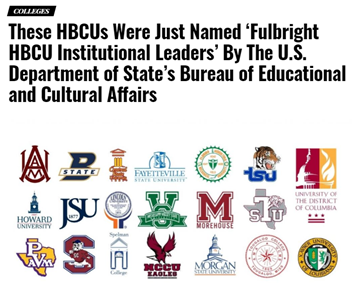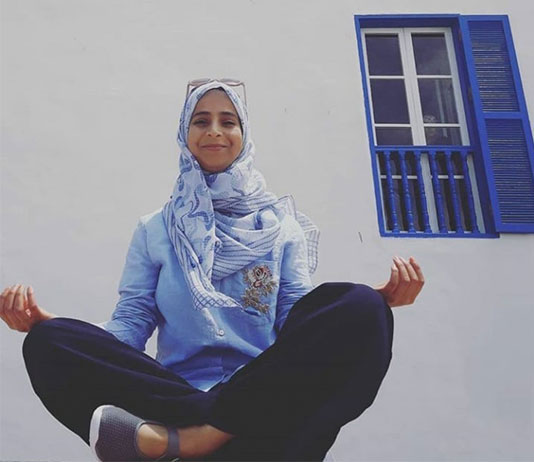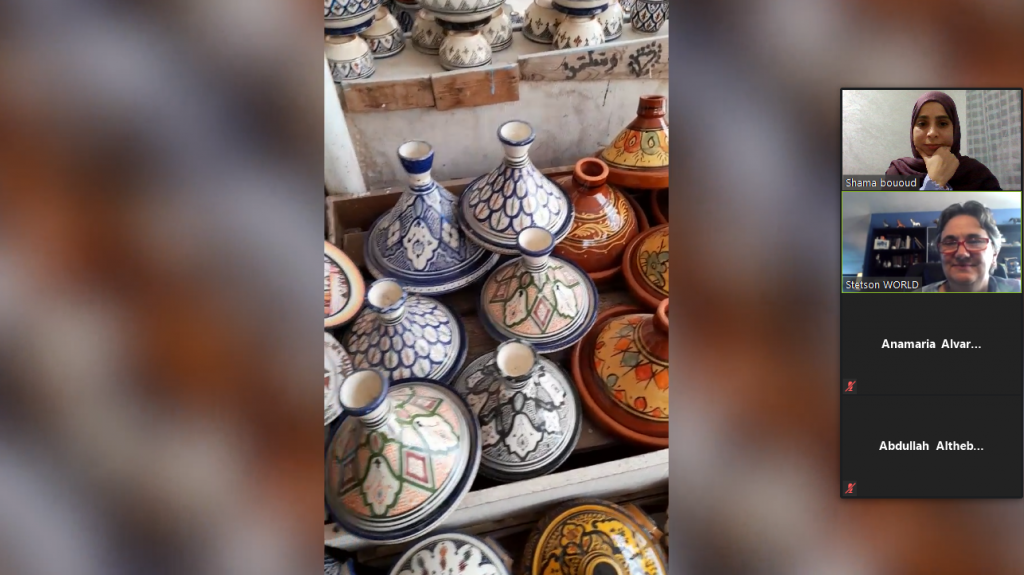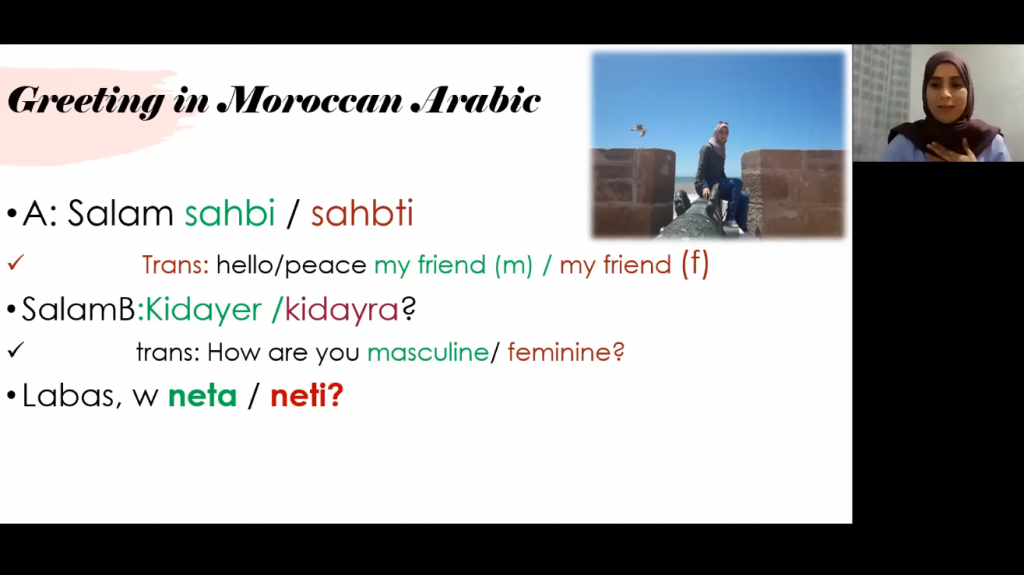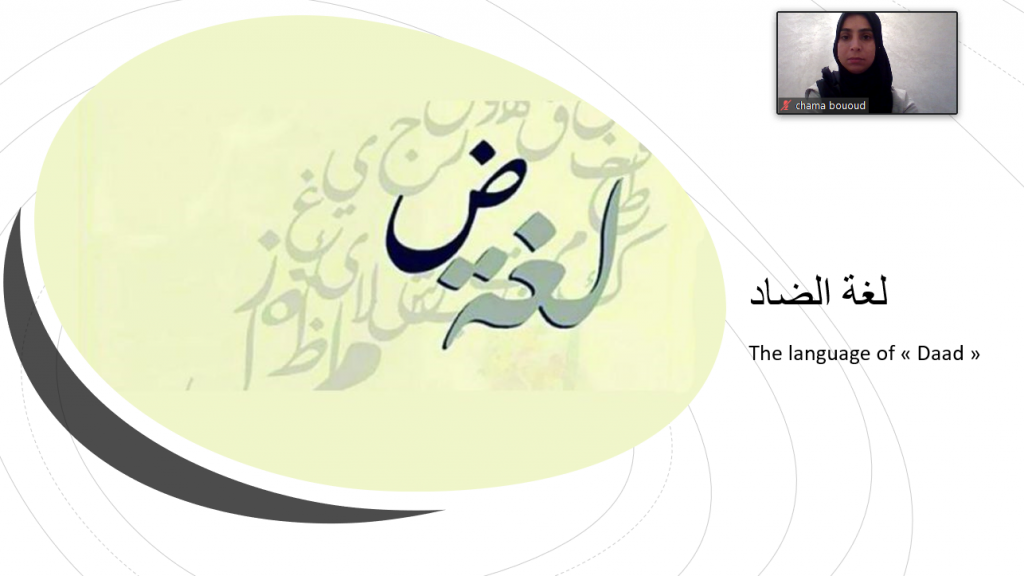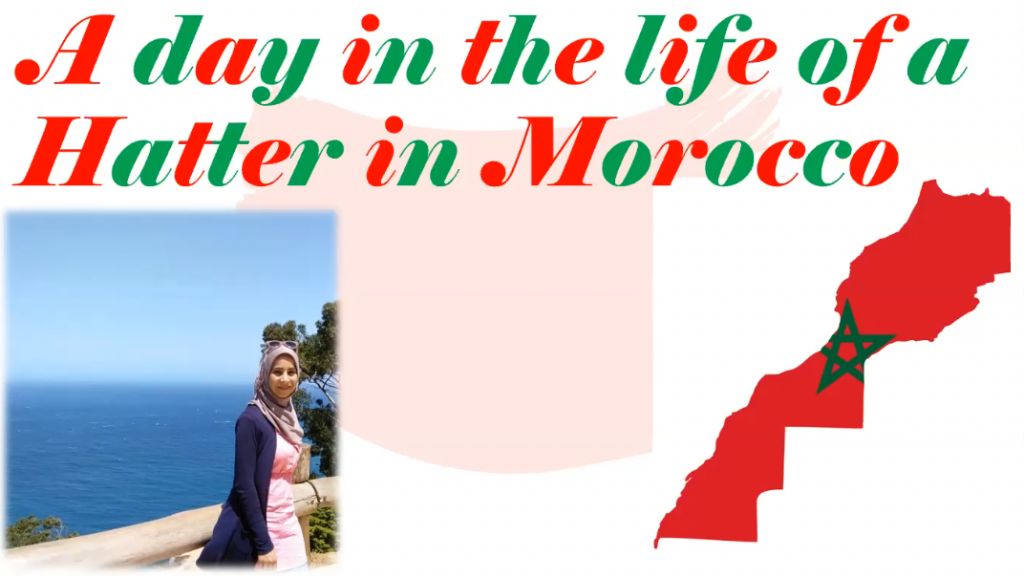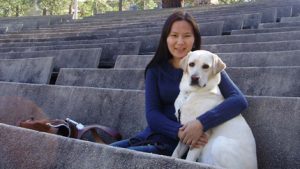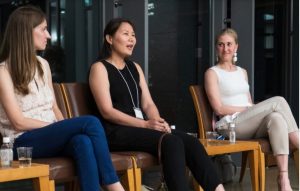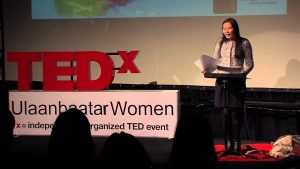The U.S. Department of State’s Bureau of Educational and Cultural Affairs (ECA) recognized 20 Historically Black Colleges and Universities as Fulbright HBCU Institutional Leaders for their noteworthy engagement with the Fulbright Program during the 2019-2020 academic year. Now in its second year, HBCU Institutional Leaders celebrates institutional success in allowing students and faculty from all fields and backgrounds to achieve through the Fulbright Program.
“Congratulations to this year’s 20 Fulbright Historically Black College and University Institutional Leaders,” said Acting Assistant Secretary of State for Educational and Cultural Affairs Matthew Lussenhop. “Fulbrighters from HBCUs carry their identities and school pride with them abroad, allowing people from other countries to learn about these accomplished individuals and about this dynamic group of American institutions and their distinguished legacy.”
Through virtual events, articles, and social media, the Fulbright Program and HBCU Institutional Leaders encouraged other HBCUs and Minority Serving Institutions to find out how they, too, can help their students and communities take advantage of the resources and opportunities that Fulbright offers.
Didn’t catch everything during the campaign? Not to worry, here are 5 takeaways from HBCU Institutional Leaders 2019-2020:
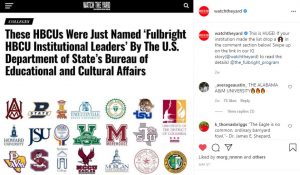
1. Celebrating Black Excellence (Virtually)
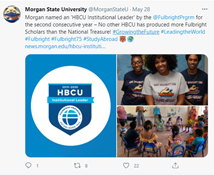
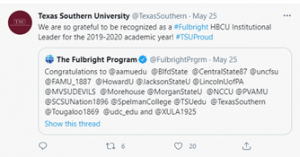
We celebrated, you celebrated! Institutional Leaders, HBCU faculty, alumni, students, and others took to social media to celebrate HBCU impact in the Fulbright Program. Watch the Yard, created by Fulbright alumnus to Germany Jonathan Rabb, highlighted the 2019-2020 HBCU Institutional Leaders via stories and videos, while HBCU and Black-related organizations, including HBCU Pride Nation, Support Black Colleges, HBCU Alum, My Degree is Black, and Black Biz Directory, amplified the message.
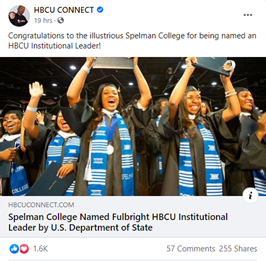
Print and web publications, such as Diverse Issues in Higher Education, University Business News, Yahoo News, Black Engineer, Newsbreak, and the HBCU Campaign Fund spread the word of what HBCUs mean to the Fulbright Program, and how HBCUs and MSIs can get involved.
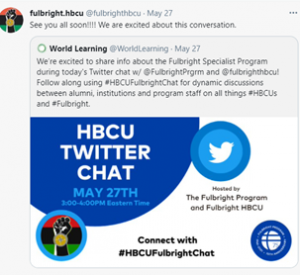
On Twitter, Fulbright hosted #HBCUFulbrightChat with Fulbright HBCU, an alumni affinity group created and led by Fulbright and Morgan State University alumna Ashleigh Brown-Grier. The chat, which highlighted Fulbright’s long-standing engagement with HBCUs, provided resources to apply, and included personal grantee experiences, had more than 87K impressions! Special thanks to Lincoln University of Pennsylvania, Bluefield State College, Fayetteville State University, Mississippi Valley State University, Alabama A&M University, University of North Texas International Affairs, as well as the Rutgers Center for Minority-Serving Institutions, and HBCU students and faculty for attending.
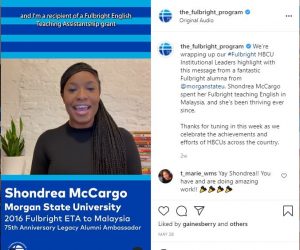
Shondrea McCargo, 2016 Fulbright U.S. Student to Malaysia
2. The HBCU Institutional Leaders Tell Their Fulbright Story
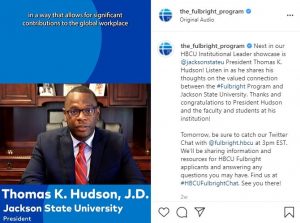
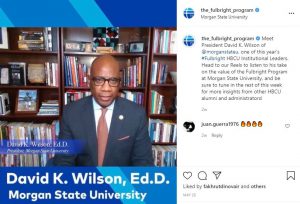
Thomas K. Hudson, J.D., president of Jackson State University
David J. Wilson, Ed.D., president of Morgan State University
HBCU presidents, Fulbright Program Advisers and Scholar Liaisons, and HBCU alumni shared how Fulbright impacts their campuses and communities.
Howard University
“Howard University is delighted to be recognized as an HBCU Institutional Leader by the Fulbright Program. The Fulbright experience has made a significant positive impact on our Howard scholars, helping them to become better global leaders who are prepared to be servant leaders with an international perspective,” said President Wayne A. I. Frederick, M.D., MBA.
Morgan State University
“We hold the Fulbright Program and all it represents with the highest regard, and to have that level of reverence reciprocated by way of Morgan being distinguished as a Fulbright Institutional Leader truly reaffirms our commitment to the Fulbright mission,” said David K. Wilson, president of Morgan State University. “This year marks Morgan’s 70th year working in partnership with the Fulbright Program to advance the global perspective of our scholars and promote the inherent value of teaching, studying, and research in a foreign milieu. I applaud the efforts of our Division of International Affairs team and the many other faculty, staff and student Fulbrighters who have made exemplary contributions to the success of Morgan’s Fulbright program.”
Spelman College
“Spelman and Fulbright are similar in their interest in students who are curious,” said Michelle Hite, Ph.D., director of International Fellowships and Scholarships, director of the Honors Program, and associate professor of English. “Like Fulbright, the College puts an emphasis on preparing students to be global leaders by making available opportunities for them to conduct research and engage in study abroad experiences.”
Texas Southern University
“Texas Southern University is pleased to be recognized as an HBCU Institutional Leader by the Fulbright Program for a second year,” said TSU Interim President Kenneth Huewitt. “This distinction speaks to TSU’s commitment to foster connections with students and culture worldwide and serves as a testament to TSU’s legacy of Excellence in Achievement.”
Provost and Vice President for Academic Affairs and Research Dr. Kendall T. Harris said the university is honored to be recognized again as a Fulbright HBCU Institutional Leader. “This recognition reflects the commitment of our faculty and staff to provide global opportunities that advance the student experience and further the University’s mission. This distinction recognizes TSU’s continued dedication to faculty excellence and its legacy of international engagement.”
3. The Fulbright HBCU Symposium
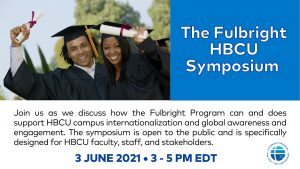
On June 3rd, the Fulbright Program hosted the Fulbright HBCU Symposium to discuss Fulbright opportunities and resources for HBCUs, the benefits of a Fulbright experience, and the role that the Fulbright Program plays in supporting HBCU campus internationalization, global awareness, and engagement. The symposium was open to all, and specifically designed for HBCU faculty, staff, and stakeholders. Dr. Dafina Blacksher Diabate, director of International Programs, and Fulbright Program Adviser and Scholar Liaison at Lincoln University of the Commonwealth of Pennsylvania and Dr. Leah Creque, professor of English, director of the Honors Program, and Fulbright Program Adviser and Scholar Liaison at Morehouse College, as well as Fulbright Program staff, provided practical information and tips on how to work with the Fulbright Student, Scholar, and Specialist programs. More than 250 people registered, including representatives of 38 HBCUs and 16 non-HBCU U.S. colleges and universities, as well as nonprofits, international organizations, and other individuals.
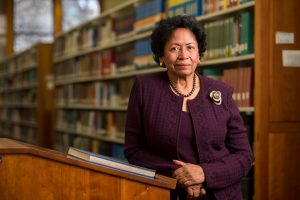
Keynote Speaker Dr. Ruth J. Simmons, president of Prairie View A&M University and 1967 Fulbright U.S. Student to France, welcomed attendees and shared the benefits of the Fulbright Program on her life and career:
“The Fulbright Program is built on a very simple principle that if we know others on a person-to-person level, we’ll be better able to stave off the kind of discord and animosity that can so easily arise among peoples of different backgrounds and cultures […] Studying at the University of Lyon became the centerpiece of, and the vehicle for, the shaping of my views on how I could relate to and contribute not just to my small community, but to others across the world. Living and studying in France as a Fulbrighter powered my further study and is one of the primary reasons I’ve been able to lead a wide variety of constituents. I feel comfortable in any setting. Fulbright gave me that, and so I say to my students at Prairie View ‘you simply must have the experience of international education.’”
4. Join the Campaign: Share Your HBCU Stories with Fulbright
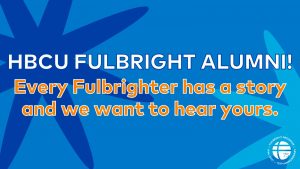
Keep the celebration going by sharing your memories and experiences from HBCUs:
Every Fulbrighter has a story to share, and we want to hear yours! To continue our celebration of the valued relationship between the Fulbright Program and HBCU institutions throughout the country, we’re asking our HBCU Fulbright alumni to share their photos and stories with us. Follow the link to upload images or videos accompanied by the experience you’d like to share with us. https://fulbrightonline.org/photouploads
5. I Am Fulbright
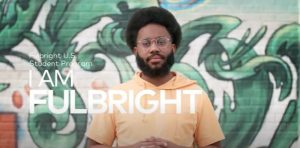
Yes, you too are Fulbright! The Fulbright Program is committed to making international education accessible and available to HBCUs, MSIs, and everywhere in between. Learn more about Fulbright application requirements and deadlines for the Fulbright U.S. Student, U.S. and Visiting Scholar, and Foreign Student Programs, and how to connect with the Fulbright Program’s 75th anniversary.

